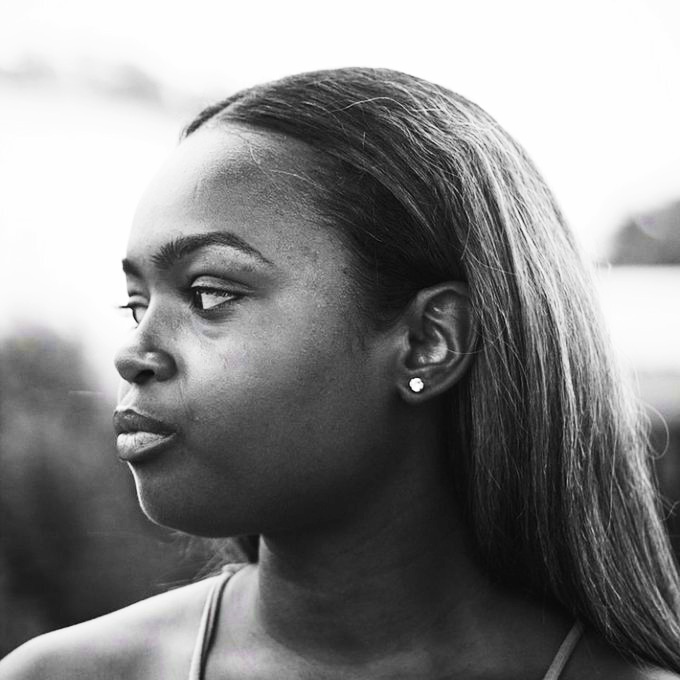A Month of 'When I Get Home'
Nearly five months after it was mentioned in the New York Times that it was the eve of Solange’s new album, the singer, songwriter and visual artist kicked off Women’s History Month (and rescued a doomed and undeserving Black History Month) with her surprise album, which was teased by stan-worthy black southern aesthetics on the Solange’s Black Planet account. Similar to the images and videos posted prior to its release, “When I Get Home”, the heavily anticipated follow-up to 2016’s “A Seat at the Table”, evokes a mix of luring feelings that ultimately invites listeners to explore the meaning of home.
For Solange, home is unapologetically Houston’s Third Ward, which is expressed throughout the album. It’s the home of actresses and sisters Debbie Allen and Phylicia Rashad and jazz pianist Jason Moran. It’s the origin of Beyoncé. More importantly, though, it’s the place through which Solange uses as a lens for discovering the deeper meaning of her roots and challenges listeners to discover their own.
“Solange had so much to say on ‘A Seat at the Table’, but it’s clear that she’s had so much to feel with ‘When I Get Home’, and that ultimately becomes a guide for listeners like myself to follow.”
“When I Get Home” intentionally sounds like either one 39-minute song or a collection of 19 interludes, and while that’s often cited as a main issue for the album’s listening ability, it’s mainly Solange’s way of wanting to make listeners experience the many feelings expressed throughout the album. The album opens up with the melodically repetitive “Things I Imagined” that poses as a gateway to feelings of joy and optimism that Solange embraces when she gets home, ultimately setting the tone for the album. The track is juxtaposed by the third track “Down with the Clique”, on which Solange asks listeners who’ve moved away from home if they’ve abandoned their roots and forgotten about the very “things they’ve imagined” in their hometown. “Down With Clique”, as highlighted by the repetitive line “are you really down?”, evokes a pensive mood as it forces listeners to reflect on how the might have neglected their roots. With “Dreams”, Solange echoes messages of patience and perseverance to assure listeners that dreams take time.
Continuing the themes of unapologetic blackness that was expressed on nearly every song from “A Seat at the Table”, “Almeda”, which features Playboi Carti, is an ode to the many aspects of black culture: black skin, black braids, black faith, black molasses. All of which can’t be washed away, as the song’s lyrics enforces, giving listeners a reminder of Solange’s pro-blackness. On “I’m a Witness”, the final track on the album, Solange concludes with a prayer-like message to her body and giving it the freedom to do whatever it wants. The freedom message throughout the song likely alludes to Solange finding the courage to use her body and voice in ways that she necessarily couldn’t while being away from home, which echoes the album’s central exploration of home and how it impacts self discovery. Thus, the album sends a subliminal message of the positive relationship between the road home (in both its literal and physical sense) and the road to discovering yourself. “When I Get Home” makes it clear that the latter can’t thoroughly happen without the former.
On its surface, “When I Get Home” is a collection of songs that aren’t marketable from a radio standpoint. It’s doubtful that any single from the album would be frequently played on the radio, but there’s nothing wrong with that. It’s intentional because, at its core, “When I Get Home” is a cosmic avant-garde jazz experience filled with black southern themes that instantly make listeners reflect on their personal journeys. The album has embodied that experience for me. I’ve listened to it for meditation and for finding solace in a society that often isn’t very welcoming of women and our bodies. I listened to it when Kodak Black sexually harassed Young M.A. I listened to it when hoteps online were making false equivalencies between Cardi B and R.Kelly/Bill Cosby. Often, the album has been my safe haven for emotions when words weren’t utterable, which, I think, aligns with the Solange’s intention of making listeners feel the album instead of simply listening to it. Solange had so much to say on “A Seat at the Table”, but it’s clear that she’s had so much to feel with “When I Get Home”, and that ultimately becomes a guide for listeners like myself to follow.























